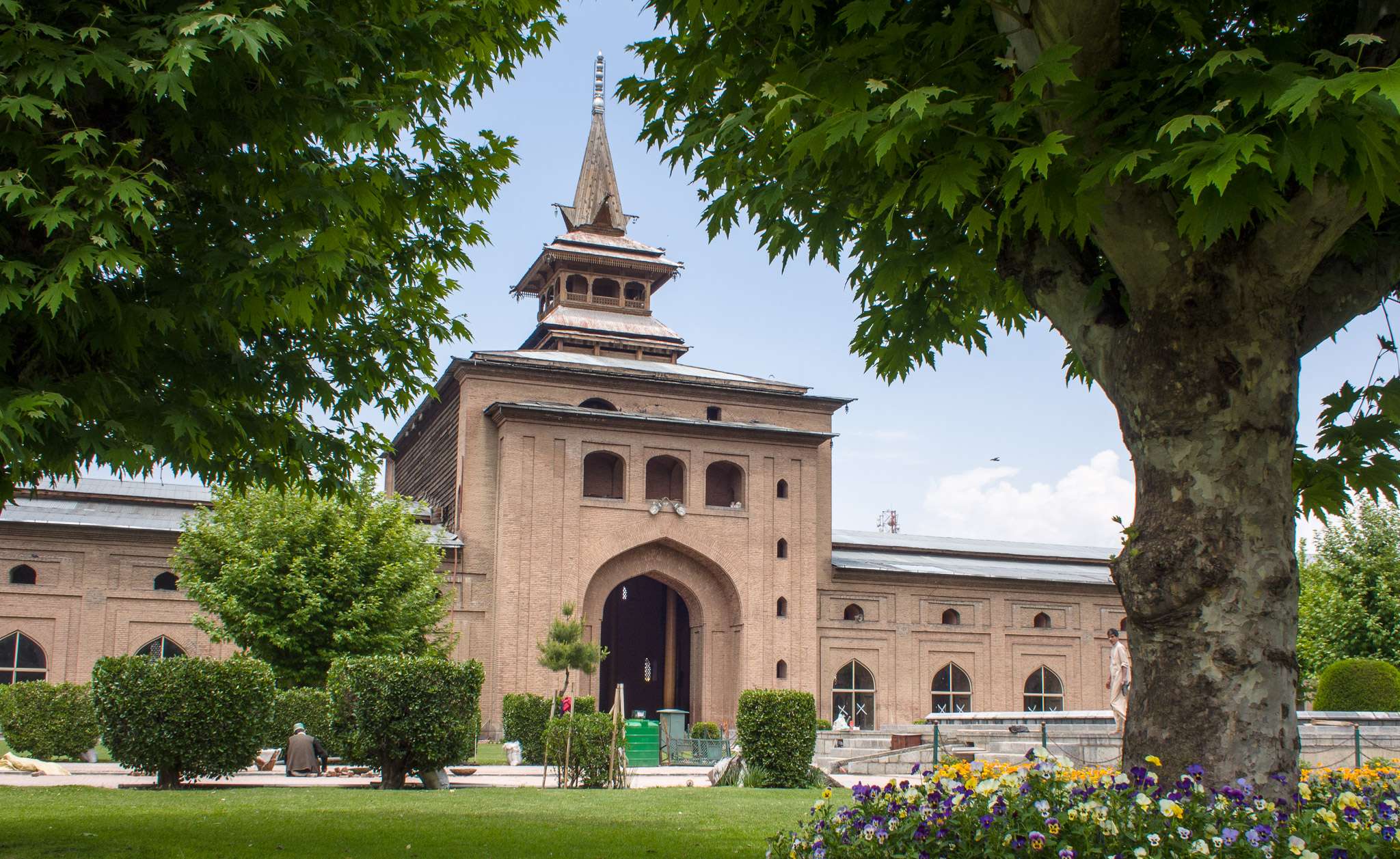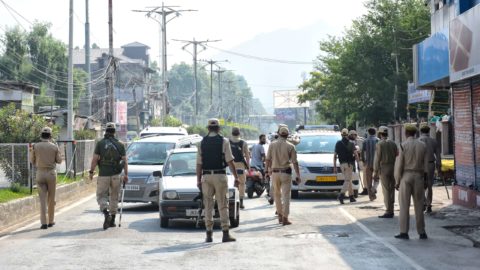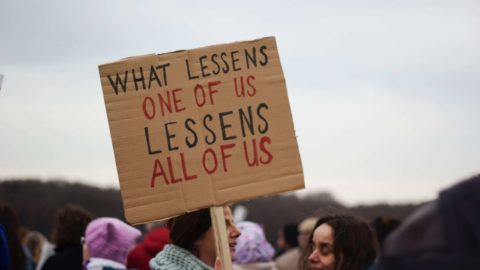As the world celebrates International Women’s Day, many Kashmiri Muslim women languish in Indian prisons…
Jammu and Kashmir sees highest encroachments amid fears over new Waqf law
The passage of India’s new Waqf Act has spotlighted the growing vulnerability of Muslim religious endowments in Jammu and Kashmir, where properties intended for mosques, graveyards, and schools face widespread encroachment or lack protection.
The region’s Waqf Board oversees over 32,500 properties, yet the majority remain unmanaged. Official records reveal that 32,409 properties lack caretakers, 1,886 have been encroached upon, and over 150 are embroiled in legal disputes.
Only 59 properties are managed by traditional caretakers (mutawallis), while the Waqf Board directly oversees just 14, leaving most properties susceptible to misappropriation.
The history of stealth of Waqf land is longer in Jammu and Kashmir. The new law only legitimizes and exacerbates the practice.
In Jammu, the Hindu-majority region of the territory, Waqf lands have faced systematic takeovers. Public and private entities have been implicated, targeting properties historically used for religious and community purposes.
Journalist Muzamil Jaleel reported that as early as 2006, over 3,144 kanals (159 hectares) of Waqf land had been illegally occupied in Jammu province.
Examples include a mosque in Chattha Gujjran that was converted into a school and later into a Sikh Gurudwara. Similarly, a graveyard in Samba district was turned into a government girls’ school and Hindu temple.
Encroachments extend to government departments, which have built schools, clinics, police stations, and public facilities on Waqf lands without compensation or acknowledgment. Cases include graveyards converted into cremation grounds and roads, often sparking communal tensions.
By 2006, encroachment records showed:
- 663 kanals (33.5 hectares) in Jammu city
- 1,055 kanals (53.4 hectares) in Akhnoor
- 1,046 kanals (52.9 hectares) in RS Pura
- 350 kanals (17.7 hectares) in Samba
- 30 kanals (1.5 hectares) in Bishnah
A Right to Information request revealed Jammu district as the worst affected, with 1,098 properties encroached upon. Other districts, including Kathua (313 properties) and Samba (261), face similar challenges.
Even in the Kashmir Valley, where Waqf properties were considered safer, encroachments persist. Srinagar has seen illegal occupations near the Hazratbal shrine, while agricultural Waqf land in Dooru Anantnag has also been seized.
Despite repeated promises from authorities, efforts to reclaim these properties remain inadequate. Critics warn the new Waqf Act, passed without consulting local communities, could exacerbate the problem by centralizing control and undermining Muslim autonomy over these endowments.





